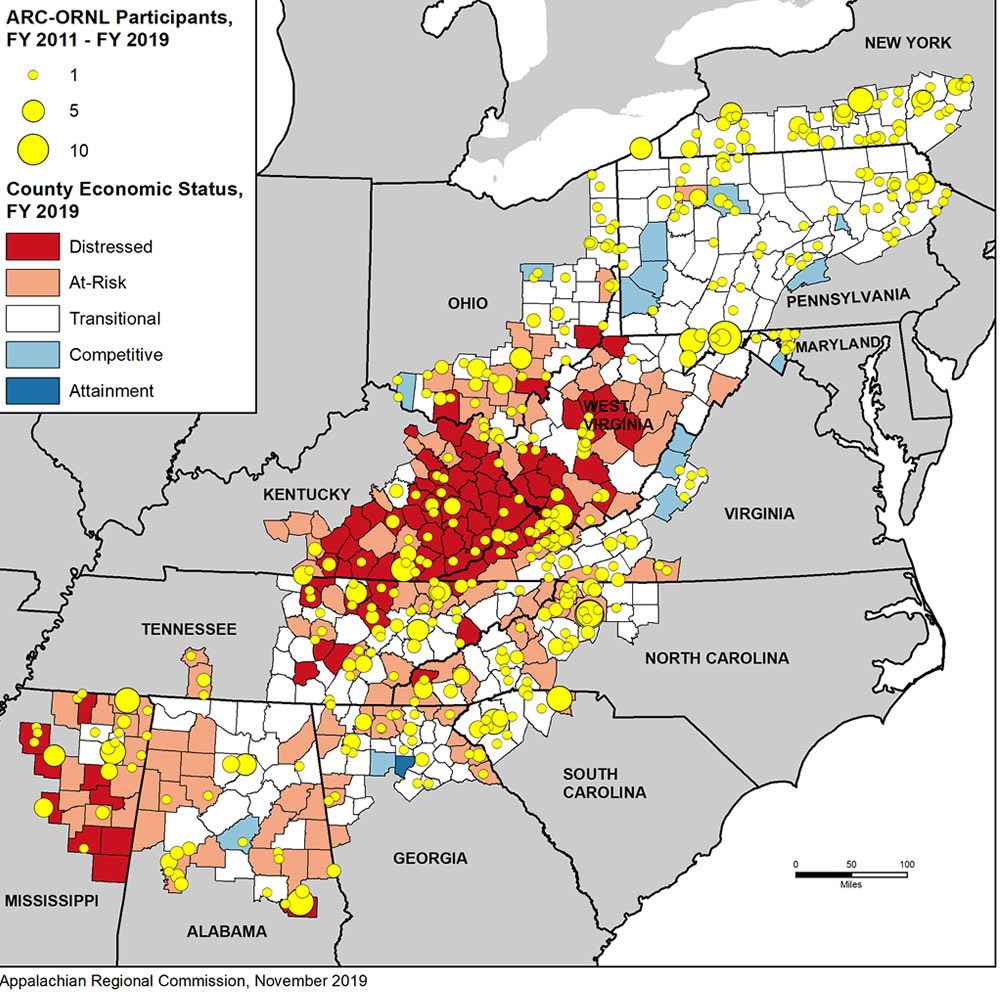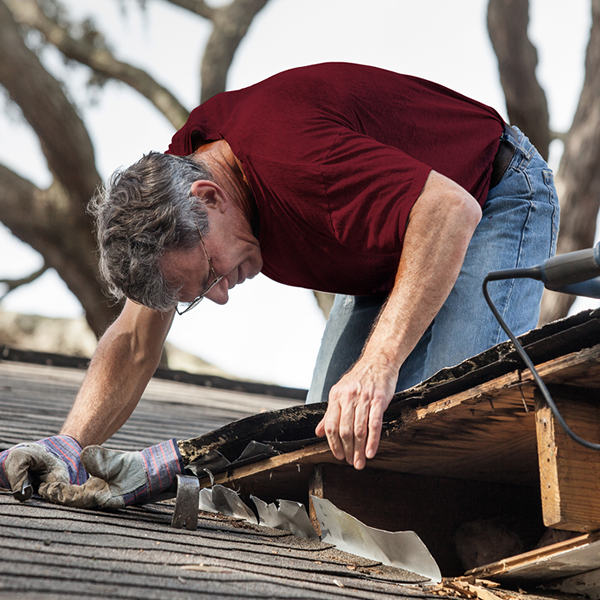The federal Appalachian Regional Commission released information for a summer STEM camp for middle and high school students as well as high school teachers at the Oak Rid National Laboratory in Tennessee.
The Application period for Oak Ridge will close on Friday, February 28th 2020.
The 2020 ARC summer STEM program information has been posted on the ARC website at ARC Oak Ridge 2020 Summer STEM Programs
• Appalachian Regional Commission/Oak Ridge National Laboratory 2020 High School Summer Math-Science-Technology Institute for students and teachers.
• Appalachian Regional Commission/Oak Ridge National Laboratory 2020 Middle School Summer Science Academy for students.
The numbers of participants and applications that may be submitted are limited as follows:
• The high school program will be limited to a maximum of 52 participants: 26 students and 26 teachers. Oak Ridge National Laboratory will not be able to accommodate any additional participants.
• ARC will accept a maximum of ten high school applications per state (students and teachers combined). We encourage you to nominate at least four students and four teachers from each state; this includes “alternates” to fill the positions of those who change their minds.
The middle school program will be limited to a maximum of 26 student participants (students only, no teachers).
• ARC will accept a maximum of five middle school applications per state, two designated participants and up to three alternates. ARC encourages states to select all applicants from the same school, as this provides a better experience for the students and eases transportation arrangements.




